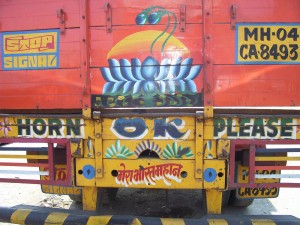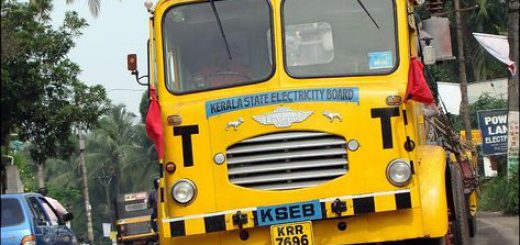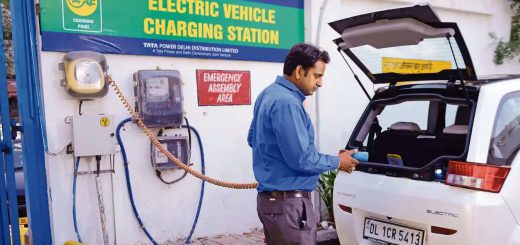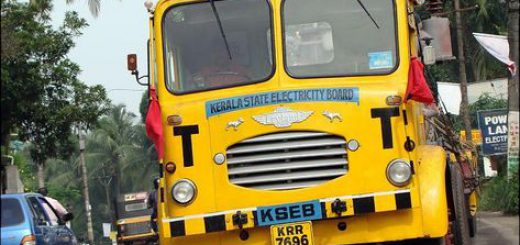Meaning of the label “Horn OK Please” on trucks in India
Horn OK please’ is a phrase commonly painted on vehicles in India. This is spotted almost without exception on commercial vehicles like trucks, buses or local taxis.
The origin of this phrase is unknown. Also, there is no official significance with respect to Indian traffic regulations. No rules in India mandate or suggest the use of such a ‘slogan’ on a vehicle. Still tens of thousands of vehicles are decorated with the phrase “Horn OK please”. This is also reflection that majority of countrymen are more of effort driven than result oriented. Besides all this it’s also said that the word “OK” is always accompanied by a lotus which is supposed to be the national flower of the country, and in the late 80’s there used to be a very famous bathing soap ad which was very well known as “OK Saboon” which also had a lotus as its symbol and in order to advertise it the company used the back of the vehicle especially a truck as they were more visible there, to advertise their product and ever since it has never changed, and till to this day even though the Soap or the ad doesn’t exist anymore and is long forgotten the symbol is still seen at the back of all the trucks in India.
The phrase is actually ‘Horn Please’ often written with ‘horn’ (or ‘blow’) on the extreme left and ‘please’ on the extreme right of the vehicle. ‘OK’ is actually a separate slogan, possibly associated with good luck or good wishes. For example, variations on the combined slogans include “O Horn Please K”. Often the font and colour of the writing is different for ‘Horn Please’ than for ‘OK’.
“Horn Please” meaning please blow horn, do not over-take without blowing horn and though they have added “Please”; As per typical Indian culture a request is also considered as an umbrage so to make the request more polite they have added “OK” (which literally means I am OK you are OK or okey-dokey ). During the olden days, it was difficult to achieve higher speed in few seconds. Hence “horn please” was used to ask the driver in the front whether it was OK to overtake his vehicle. This was because it took effort to reach the high speed required for an attempt to overtake, and if unsuccessful, the driver would have to brake for avoiding a collision with any oncoming vehicle. But now it has become fashionable to write the phrase. Even auto rickshaws have it. This has spoiled the habit of the drivers and now they honk without reason.
In Pakistan too, instructions are used in a similar manner, but with rather different styles and phrases. Like the phrase Horn day kar paas karein written in Urdu, often found behind heavy vehicles, trucks, and trailers traveling on long routes or highways.





Recent Comments